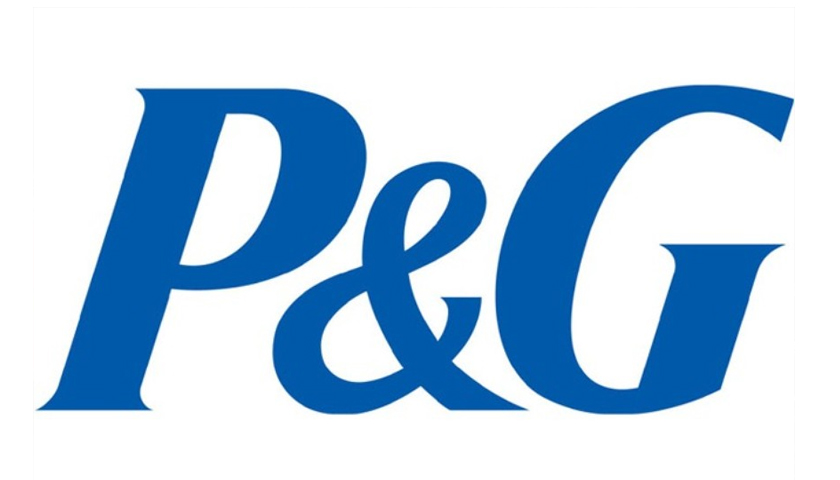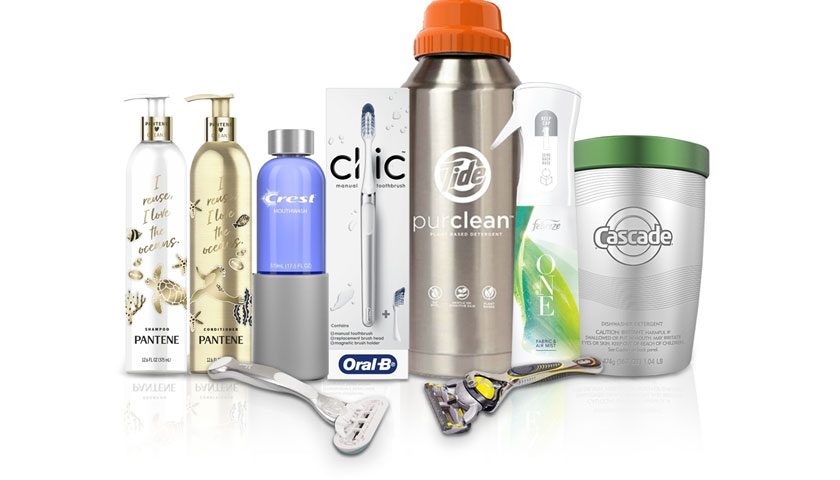In celebration of Earth Week and to further its commitment to drive a more sustainable future, the Procter & Gamble Company announced a new collaboration with Malaysia Institute for Supply Chain Innovation (MISI), International Plant Nutrition Institute (IPNI) and Yara International to help improve the livelihood of smallholders within the P&G palm supply chain in Malaysia. After a successful pilot ran between 2015 and 2018, the Company is expanding the program that partners with independent palm oil smallholders to increase their overall fruit yields through the training and implementation of best-in-class, and more sustainable agricultural practices.
In celebration of Earth Week and to further its commitment to drive a more sustainable future, the Procter & Gamble Company (NYSE:PG) announced a new collaboration with Malaysia Institute for Supply Chain Innovation (MISI), International Plant Nutrition Institute (IPNI) and Yara International to help improve the livelihood of smallholders within the P&G palm supply chain in Malaysia. After a successful pilot ran between 2015 and 2018, the Company is expanding the program that partners with independent palm oil smallholders to increase their overall fruit yields through the training and implementation of best-in-class, and more sustainable agricultural practices.
P&G is committed to the responsible sourcing of palm and has declared livelihood improvement for the palm oil smallholders as one of its Ambition 2030 environmental sustainability goals. Today, smallholders provide about 40% of the world’s palm oil supply, however many of them have limited knowledge or access to agricultural resources to help maximize their crop.
The pilot was focused on assessing the baseline capability of around 2000 smallholder farmers in the state of Johor, Malaysia. Given its success, the program is expanding to create 250 learning farms which will be embedded in a P&G-led innovation system. These farms will serve as community resource centers to drive scale and diffusion of good agricultural practices for up to 10,000 smallholders within the next five years. The goal is to improve yields by 30-50%, improve the livelihood of the smallholder farmers and ensure sustainable practices in the P&G palm oil supply chain.
“We believe we can be a force for good and a force for growth. This program illustrates our commitment to driving long-term sustainability efforts,” said Jack Ryan, Vice President, P&G Chemicals. “We are proud of the work we are doing in Malaysia because it is the right thing to do for the local community and the global consumers we serve who want more sustainable products.”
The farmers of the 250 learning farms will have direct access to agronomists and sustainability field officers and receive hands-on technical advisory support. Together, they will work to implement best-in-class farm operations management including harvesting optimization, nutrient plans and budget management. In return, these smallholders will act as resource trainers and scale the effort to other farmers in their community.
P&G believes this effort is helping move the smallholders in the right direction and is setting them up for long-term success. Sustainability of the system is underpinned by a common and shared vested interest of smallholders, oil palm processors and fertilizer supply chains. The goal is to increase productivity of farms and to meet the continued demand for sustainable palm oil and palm kernel oil.
announced a new collaboration with Malaysia Institute for Supply Chain Innovation (MISI), International Plant Nutrition Institute (IPNI) and Yara International to help improve the livelihood of smallholders within the P&G palm supply chain in Malaysia. After a successful pilot ran between 2015 and 2018, the Company is expanding the program that partners with independent palm oil smallholders to increase their overall fruit yields through the training and implementation of best-in-class, and more sustainable agricultural practices.
P&G is committed to the responsible sourcing of palm and has declared livelihood improvement for the palm oil smallholders as one of its Ambition 2030 environmental sustainability goals. Today, smallholders provide about 40% of the world’s palm oil supply, however many of them have limited knowledge or access to agricultural resources to help maximize their crop.
The pilot was focused on assessing the baseline capability of around 2000 smallholder farmers in the state of Johor, Malaysia. Given its success, the program is expanding to create 250 learning farms which will be embedded in a P&G-led innovation system. These farms will serve as community resource centers to drive scale and diffusion of good agricultural practices for up to 10,000 smallholders within the next five years. The goal is to improve yields by 30-50%, improve the livelihood of the smallholder farmers and ensure sustainable practices in the P&G palm oil supply chain.
“We believe we can be a force for good and a force for growth. This program illustrates our commitment to driving long-term sustainability efforts,” said Jack Ryan, Vice President, P&G Chemicals. “We are proud of the work we are doing in Malaysia because it is the right thing to do for the local community and the global consumers we serve who want more sustainable products.”
The farmers of the 250 learning farms will have direct access to agronomists and sustainability field officers and receive hands-on technical advisory support. Together, they will work to implement best-in-class farm operations management including harvesting optimization, nutrient plans and budget management. In return, these smallholders will act as resource trainers and scale the effort to other farmers in their community.
P&G believes this effort is helping move the smallholders in the right direction and is setting them up for long-term success. Sustainability of the system is underpinned by a common and shared vested interest of smallholders, oil palm processors and fertilizer supply chains. The goal is to increase productivity of farms and to meet the continued demand for sustainable palm oil and palm kernel oil.



